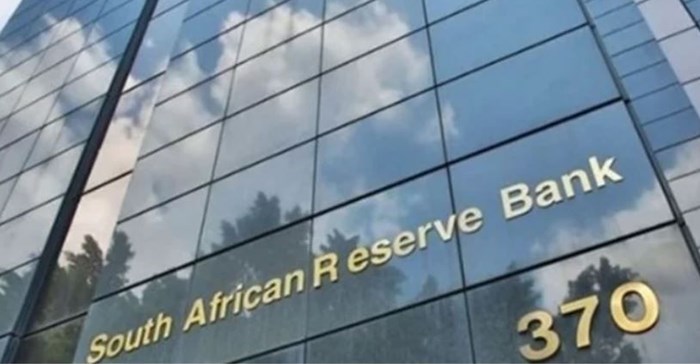As widely expected, the MPC decided to yet again leave interest rates unchanged.

Source: Reuters.
While most analysts nonetheless believe that, barring shocks, rates have now peaked in South Africa, the MPC for understandable reasons still sees inflation risks as being on the upside.
The Sarb remains highly cautious amid the combined uncertainties it sees generated by factors such as ‘sticky’ inflation, rand volatility, US interest rates, and South Africa’s pending elections on 29 May 2024.
Monetary policy will, therefore, not be recalibrated at this juncture and hence the decision to leave rates high for longer. In the meantime, though, the continued prospect of unchanged borrowing costs is nevertheless a stabilising factor in consumer and business confidence, together with the prospect of lower inflation later in the year now being pencilled in by several analysts.
For the MPC, the timing of any easing in interest rates clearly remains directly linked to future inflation trends and a further reduction in inflationary expectations.
The MPC’s message is that it will not start cutting rates until inflation visibly winds down and is entrenched at the midpoint (4.5%) of the Sarb’s inflation target range of 3% to 6%. The Sarb wants to be satisfied that the outcomes are sustainable.
Delayed rate reductions expected
That said, it now seems unlikely that the Sarb will begin to reduce interest rates until the second half of 2024.
By then, it may be anticipated that, in general, the key inflation data will be more favourable and, in particular, that the outcome of the elections will also be known. And even if interest rates begin to ease in the latter half of 2024, the initial cut will probably be no more than 25 basis points.
The MPC reaffirmed its 2024 GDP growth forecast of 1.2% and still sees the risks to the growth outlook as ‘balanced’. However, early 2024 high-frequency economic data has been weak, and the Sarb’s own composite leading business cycle indicator declined by 0.5% in January 2024.
With monetary policy now remaining in restrictive territory for longer, these growth forecasts may be a little on the optimistic side unless other economic reforms are more speedily implemented.













































